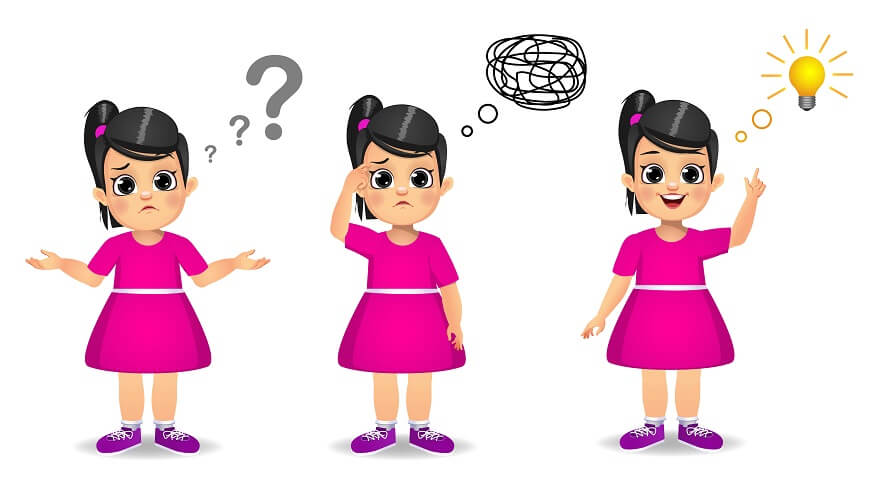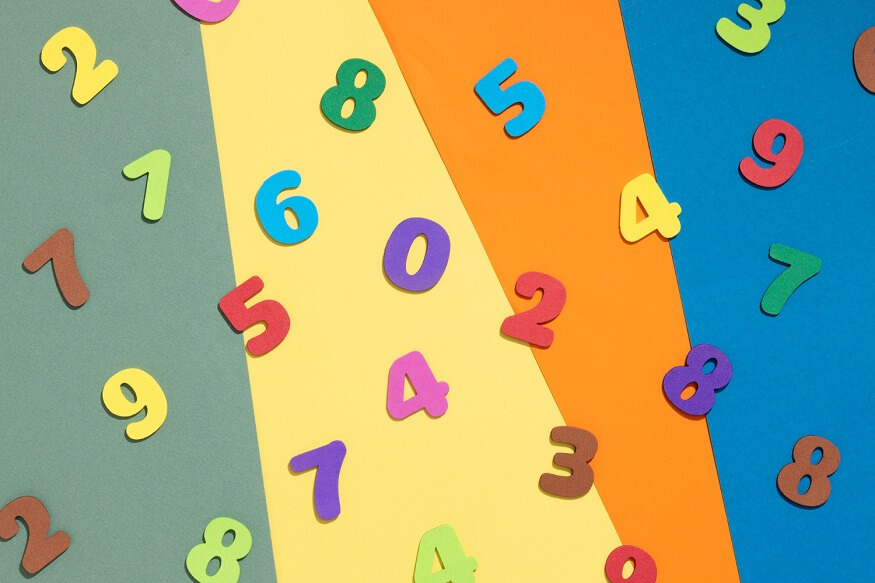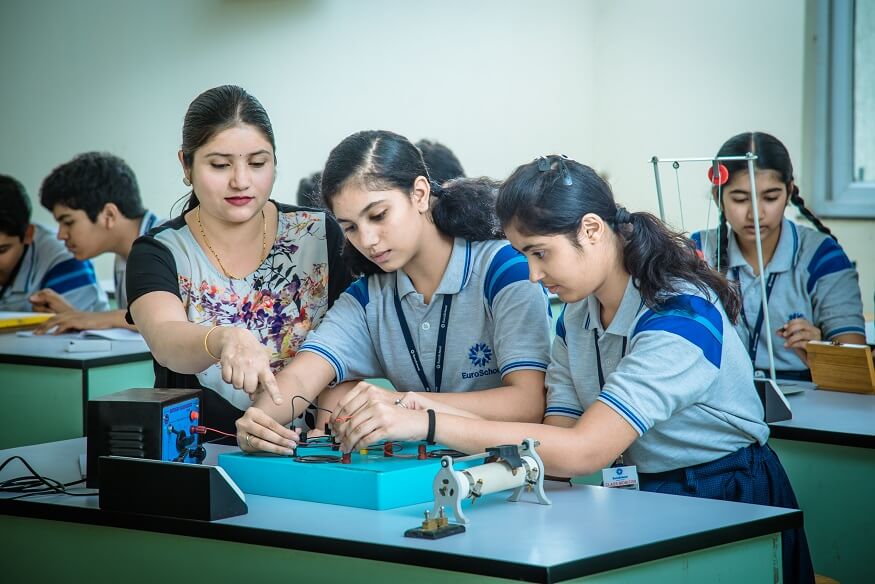There was a time, a few decades ago when knowledge was king. The information era, where those who had more information were at an advantage over the others. The reason was that gathering knowledge or information was not easy. It required time and effort to study, acquire degrees, read books, journals, etc. We are now living in an era where everybody has access to all possible information, thanks to the internet. Having information is no more a competitive advantage. In today’s world, only those who possess relevant skills can compete. Skill is the ability to do something well. Notice that the emphasis has moved from knowing to doing.
As per the World Economic Forum, the following are the top 10 skills for the future:
- Analytical thinking and innovation
- Active learning and learning strategies
- Complex problem-solving
- Critical thinking and analysis
- Creativity, originality and initiative
- Leadership and social influence
- Technology use, monitoring and control
- Technology design and programming
- Resilience, stress tolerance and flexibility
- Reasoning, problem-solving and ideation
As we can see, critical thinking has been listed as no. 4 among the top skills for the future.
What is critical thinking?
Critical thinking is the ability to objectively analyse and evaluate something to arrive at a judgement, form an opinion or take a decision. It involves the analysis of facts, evidence, observations, or arguments. It involves logical reasoning and argumentation based on evidence. Critical thinking, along with analytical thinking, is one of the key skills required for problem-solving. Socrates was one of the early proponents of critical thinking when he established the importance of “seeking evidence, closely examining reasoning and assumptions, analysing basic concepts, and tracing out implications not only of what is said but of what is done as well”.
Students of today are exposed to a multitude of multimedia information via the internet. There is no guarantee which piece of information is credible and which is not. Deciding this clutter of information overload requires an ability to question, analyse, interpret, evaluate, and form an opinion on what students read, hear, say, or write.
Why is critical thinking important?
Critical thinking is an important component of all professional fields and academic disciplines. Whether it is engineering, medicine, commerce, science, or arts, critical thinkers will most likely outperform those with limited critical thinking abilities. Thus, students need to develop their critical thinking skills to succeed professionally. Critical thinking skills are equally important in personal life. Most life decisions, such as which school to attend, which specialisation or stream to choose, which colleges to apply to, which competitive exam to appear for, etc are life-changing decisions that involve critical thinking skills.
The following are the key steps involved in critical thinking:
Data collection
This step involves mapping the playground in which one is operating. Collect all possible information about the situation at hand, such as who, what, when, why, where, and how. The objective here is to collect all possible information to understand the context of the problem well.
Analysis
This step involves analysis of the available information, data, facts and evidence. The analysis involves breaking down the available information into smaller parts to understand them better. This way the relevant information can be sieved out from the irrelevant. Patterns, connections and linkages between different pieces of information can also be identified during analysis. The analysis is largely centred around organising the available data into chunks which are connected, relevant and easy to understand.
Inference
Once the available information is organised, the second step in the critical thinking process is to interpret and make sense of the available information. Generate some ideas out of it, and understand cause and effect relationships if any. This phase typically leads to the art of possible – a possible set of ideas or solutions to consider from.
Evaluation
The evaluation phase is when the final decision is taken. This is where the alternative solutions or ideas are evaluated and final recommendations or choices are made. In this phase, we look for any assumptions or biases that our inferences must be suffering from. Sources of information are evaluated for credibility, and methods of analysis are evaluated for reliability and validity.
Let’s look at the above elements and try to understand them with an example.
For example, let’s say Sameer has gone to a doctor with a complaint of severe headache.
During the data collection phase, the doctor will typically ask Sameer a lot of questions such as: since when has he been getting the headache, how often does he get it, which part of the head is more severely affected, etc. The doctor might also ask Sameer to do some further tests such as blood tests, urine tests, eye check-ups, blood pressure tests, etc. Once all the data has been collected, the doctor will move to the analysis phase. This is where the doctor will look at all the data points and try to see if there are any patterns or indicators which are emerging. Based on those patterns and indicators, the doctor will arrive at certain inferences, in this case, the possible root causes of the headache. During the evaluation phase, the doctor might ask Sameer to get a few more confirmatory tests done to confirm the conclusion being drawn by the doctor. Once those conclusions are validated the doctor will prescribe the final treatment to Sameer.
It must be noted that these steps are iterative and may not be sequential in nature. For example, the evaluation phase might trigger some more data collection, analysis, inference and evaluation.
Following are how students can practise and improve their critical thinking skills:
– Participate in debates
– Work out the pros and cons of policy decisions taken by the government (for example, critically analysing the budget)
– Working on critical thinking problems
<
– Developing foresight (for example, predicting the results of the elections by analysing various news items)
At EuroSchool we design our curriculum and activities focusing on the development of these key skills for our students.










